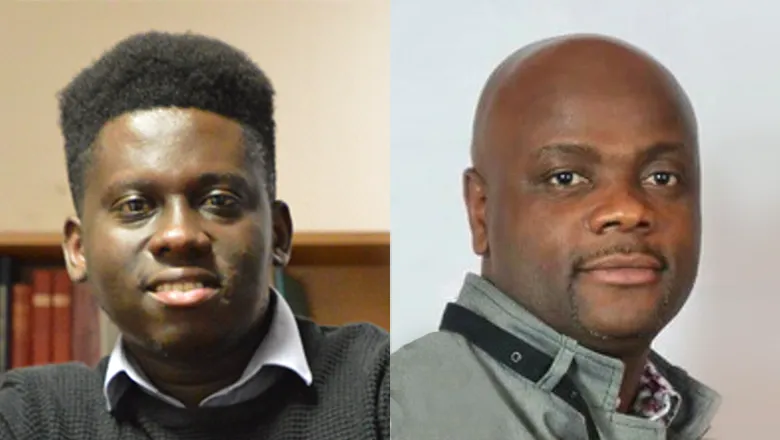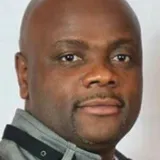The project aims to provide engineering graduates with the necessary skills to reach net zero goals

Dr Tabbi Wilberforce Awotwe and Dr Ernest Kamavuako from the Department of Engineering jointly won the Royal Academy of Engineering Higher Education Partnerships in sub-Saharan Africa (HEP SSA) grant. They will develop a module on electric vehicle powertrains - the components responsible for propelling cars - to teach engineering students the skills to help decarbonise the automotive industry in South Africa.
The HEP SSA grant aims to ensure that the higher education system in sub-Saharan Africa produce engineers with the skills and knowledge required to meet the needs of industry and tackle local and global challenges.
Led by Tshwane University of Technology, in partnership with University of South Africa, Durban University of Technology and Cape Peninsula University of Technology, this project is set to re-develop the curriculum, bridging the skill gap in the automotive industry for students.
There is a pressing need for the decarbonisation of the transport sector, particularly focusing on the rapid adoption of electric vehicles."
Dr Tabbi Wilberforce Awotwe
Together with representatives from Aston University and University of Warwick, Dr Awotwe and Dr Kamavuako are hoping to produce industry ready graduates to meet the growing market demand.
Additionally, the project's objective is to enhance gender diversity by offering industrial networking opportunities to all students. The team will closely collaborate with the NMES Equality, Diversity, and Inclusion Committee for guidance during the project. To further support the next generation of female engineers, they will organise visits to senior high schools in both the UK and South Africa.
Dr Awotwe said:
"South Africa aims to achieve net-zero emissions by 2050, outlined in its Low-Emission Development Strategy. To align with this goal, there is a pressing need for the decarbonisation of the transport sector, particularly focusing on the rapid adoption of electric vehicles. This shift necessitates an urgent revamping of curriculum and programmes to equip students with the essential skills required to address the current skill gap in the automotive industry."
This shift necessitates an urgent revamping of curriculum and programmes to equip students with the essential skills required to address the current skill gap in the automotive industry."
Dr Tabbi Wilberforce Awotwe
The multidisciplinary curriculum developed by Dr Awotwe and Dr Kamavuako aims to fill knowledge gaps, contributing significantly to the development of intelligent, low, and ultra-low emission vehicles.
To deliver this ambitious project, the team will work with industrial partner Naamsa, the Automotive Business Council in South Africa. Over the next year Dr Awotwe and Dr Kamavuako will work with representatives across the partner institutions to introduce a learning and teaching framework. They will organise activities involving students from participating South African universities, while also collecting feedback and assessing the project's overall success.







